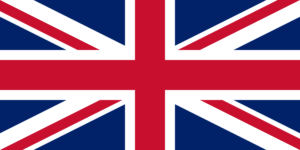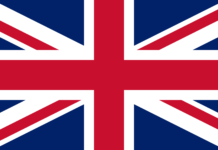Romanians traveling for seasonal work abroad have to meet certain conditions
The Romanian Transport Ministry has announced a series of conditions that have to be observed by people who leave the country for seasonal work abroad. The rules are envisaged in an order issued by the Transport Ministry, which says that all charter flights carrying Romanian seasonal workers have to be scheduled for minimum four hours apart. Also, recruitment agencies have to provide the workers with protection equipment, masks and gloves and seasonal workers should not be brought to the airport sooner than four hours before the take off time. The document is meant to fix problems that appeared last weekend at Cluj Napoca airport, when almost 1,500 seasonal workers were hustled in front of the airport, thus breaching the social distancing rules imposed by military decree to limit the spread of the coronavirus.
Update on COVID-19 tally in Romania
The coronavirus outbreak in Romania has so far killed 318 people and 6.333 people were infected. On Sunday, authorities have announced 310 new infections and 23 deaths. More than 800 of those confirmed positive are medical personnel. Around 850 people were declared cured and 231 are receiving intensive care treatment. 24.000 individuals are in quarantine and some 71.000 are self-isolated at home.
President Klaus Iohannis has said that he wants to extend the state of emergency
The Romanian President Klaus Iohannis has said he intends to extend the state of emergency imposed on March 16th and will issue a new decree next week, for another 30 days, until the middle of May. The President has repeatedly warned that it was not the time for Romanians to relax and stop observing the indications made by the authorities. Medical experts say that the progress of the COVID-19 outbreak depends on the way citizens respect the measures imposed and the president has warned that if those restrictions are not observed, the country risks seeing a high increase in the number of infections, similar to those recorded in Italy and Spain.
Mădălina Brotăcel, RADOR






